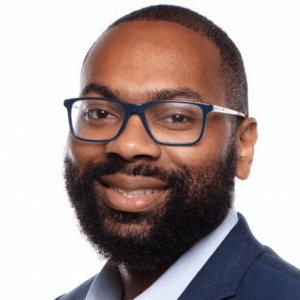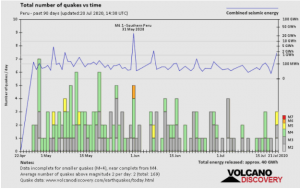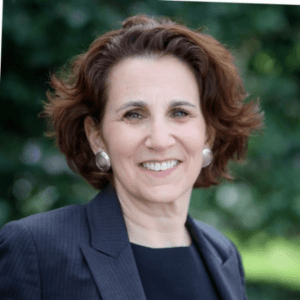As Energy Analyst & Energy Systems Design Engineer with HKS, Mike is an Energy Engineer working alongside architects and engineers to help building owners/developers create high-performance buildings that save energy and are healthy for the environment. Mike joined the Hunt Institute as a Fellow and an Inclusive Economy Consortium Leadership Council Member.
An Engineer in Training, LEED Accredited Professional, and Building Energy Modeling Professional, he has been in the green building industry for over 7 years collaborating on projects all over the U.S., for a variety of project types.
Utilizing building energy modeling and other innovative sustainability tools, he has been able to help owners save an estimated $7.2M in energy cost and over $1.3 M in water costs on both LEED and non-LEED projects.
Passionate about his profession, Michael is currently involved in a variety of professional organizations including Board Member of Texas U.S. Green Building Council, Member of North Texas National Association of Energy Engineers, and the National Society of Black Engineers.
When asked why he was drawn to work with the Hunt Institute he replied, ” I’m passionate about applying my acquired technical skills and talents to building projects that contribute to the health of individuals, the community, and the planet. My work allows communities and clients to develop the design, construction, and operation of highly efficient and sustainable projects. By solving technical and constructability issues, we can save energy and water, which have a direct effect on depleting resources, polluting the environment, and equitable human ecosystems.”
AFFILIATIONS
International Building Performance Simulation Association (IBPSA)
North Texas Association of Energy Engineers (NTAEE)
American Society of Heating Society of Heating, Refrigerating and Air Conditioning Engineers
(ASHRAE)
American Society of Civil Engineers (ASCE)
US Green Building Council (USGBC)
LEADERSHIP
North Texas Region (Texas Chapter) US Green Building Council
(Board Member 2015 –present)
DFW National Society of Black Engineers (NSBE) Professionals
(President 2015-2016, Finance Chair 2016-2017)
International Building Performance Simulation Association (IBPSA)
(Vice President 2018-present)
North Texas Association of Energy Engineers (NTAEE)
(Social Media Committee Chair 2018 –present)
To read more about the Hunt Institute’s work to develop future-focused solutions to some of the world’s biggest problems, please click here. For the latest news on the Hunt Institute, follow our social media accounts on LinkedIn, Facebook, Twitter, and Instagram. We invite you to listen to our Podcast called Sages & Seekers. If you are considering engaging with the institute, you can donate, or sign-up for our newsletter by emailing huntinstitute@smu.edu.



















